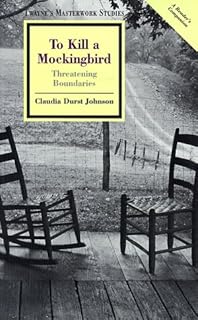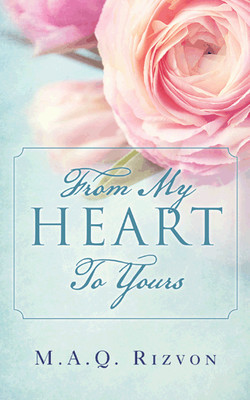 |
| Image source: Amazon |
Book:
The Arithmetic of Breasts and other stories
Author:
Rochelle Potkar
Genre:
Fiction, anthology
Publisher:
Notebook Press
No.
of pages: 115
Cover
price: Rs 115
[Shortlisted
for The Digital Book of the Year 2014]
It
is a book that is brutal, realistic and an ironic amalgamation of anatomy and
arithmetic. The book can be critiqued using feminist perspective too, though
the element of storytelling, entertainment for mass readers and clever use of
language make it impossible to club it as a purely feminist book.
Here
is a story-by-story review of the entire anthology-
The Arithmetic of Breasts
3.5/5
An
engaging story that matures as the protagonists mature and age. From lust to
love, the transformation is life-like, seamless, riveting. That’s the arithmetic
of human relationships. The use of mathematical terms to describe human anatomy
is clever, and at certain places, metaphorical. The story, overall, stirs you
up in bits but falls short of being a memorably great one.
The Room with a Sea-View
4/5
A
very difficult read but an enlightening one. It tends to philosophize love. It has
multiple layers to it, even a strong layer of originality. Some lines are
quote-worthy and need to be penciled. Sample this:
His voice was soundless again today.
Sky Park
5/5
Use
of geometry in this book is fascinating. Eg. The ‘springing buildings’ in this
story described as an act by the Geometry God.
The
story begins on a queer note, with a girl falling in love with a boy when he’s
making out with another girl. There is powerful narration involving polyphony. Description
of a suicide scene is so vivid that it is scary. The story is deeply
psychological. Author takes you inside the mind of the character. To put it
simply in the words of a character- “It
is her mind talking to me.”
Dr. Love
4/5
A
fresh story with a fresh plot. It highlights the importance of a face and how a
surgical change in it is akin to a change of identity.
The Scent of a Conscience
4/5
It
is an erotica; not a bland erotica but one that leaves you psychologically
shaken. The story questions extramarital affairs but not in its puritan
didactic form, rather in its visceral, hedonistic form.
A Place They Call Scary
3.5/5
A
hard-hitting story that exposes the hypocrisy and sexual cravings of religious
forces in the country, through the eyes of a young girl. The climax rattles
you, leaving little difference between a young human girl and a Goddess.
Our Lovers
4.5/5
Crisp
story. A two-page quick read that ends with a thundering jolt, not waking you
out of your leisurely torpor with a shock but rattling your soul with an
epiphanic hammer.
The Troll on Page 16
3/5
The
story gives a peek into the psyche of a lecher. How he fakes complaints to a
doctor and thus lives all his fantasies. An absorbing read that sets you up for
a revelatory climax that unfortunately never comes.
What Men Want
2.5/5
A
very engrossing story if one is wanting to get high. Conversations between old
inebriated friends always give a voyeuristic pleasure to readers. But the story
comes with no after-effect and, hence, pales in comparison to the other wonderful
stories in the book.
As
a bonus, the book ends with excerpts (full chapter 1) of Potkar’s debut novel Dreams of Déjà vu.
Should
you buy this book? Yes, it is pretty hooking apart from being a highly
intelligent book.
[The
review was done on request by the author who was kind enough to send me a hard
copy after listening patiently to my rants of anti-ebook theories.]
-Ritesh Agarwal
email: ritzy182000@gmail.com





